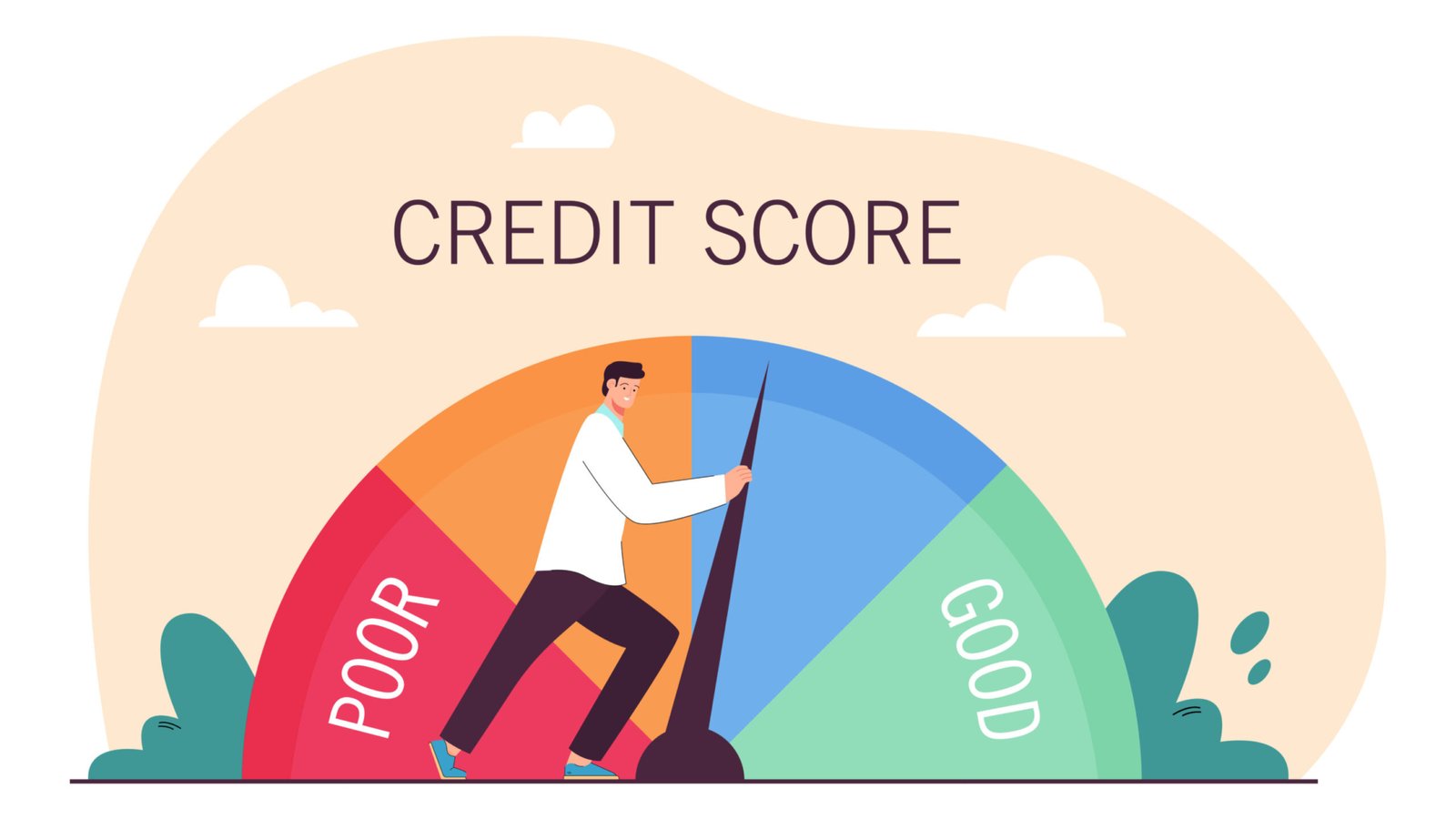Your CIBIL score is critical while determining your credibility for a financial assessment. A high score means easier access to loans, lower interest rates, and an overall easier credit experience. You can also increase your CIBIL score through disciplined credit management and financial policies.
Here are the best ways to increase your credit score effectively.
Ways to Improve Your CIBIL Score
1. Maintain a Healthy Credit History
Timely repayments showcase your reliability on credit, thus having a positive impact on the credit score. As a result, the score increases.
2. Avoid Being a Loan Guarantor
Being a guarantor can have harmful implications since a default by the main borrower can adversely impact your credit score. Only agree to become a guarantor if you are sure of the borrower’s financial health.
3. Limit Multiple Loan Applications
Applying for multiple loans within a short period may signal financial distress to lenders and negatively impact your credit score.
4. Increase Your Credit Limit
An increase in credit limit (when not accompanied with reckless spending) improves credit use ratio and starts increasing the score.
5. Maintain a Low Credit Utilization Ratio
Always keep your credit utilization below 30% of your available credit limit to show responsible credit management.
6. Make Timely Payments
For ensuring a positive CIBIL score, you should regularly pay your credit card bills and loan EMIs on time because they are highly weighted factors.
7. Monitor Your Credit Report Regularly
Regularly reviewing your credit reports helps detect any errors or fraudulent activities that may impact your score. If discrepancies are found, ensure you dispute them right away
8. Avoid Frequent Credit Inquiries
Applying for loans or credit cards means the lenders will check your CIBIL report, which temporarily lowers your score. Avoid submitting credit applications that are not absolutely necessary
9. Opt for Longer Loan Tenures
Longer repayment periods shift the burden of the monthly EMI payment, making it easier to make on-time payments and improve your credit profile.
10. Reduce Outstanding Debt
You improve your debt-to-income ratio, which is important in maintaining a good credit score, by paying off debts on time.
How Long Does It Take to Improve a CIBIL Score?
Many ask, “How to improve my credit score fast?” While improvements typically take 4 to 12 months, the time varies depending on past financial behavior. Major credit issues, such as loan defaults, may take longer to recover from. By consistently practicing good credit habits, individuals can achieve gradual and sustainable improvement in their scores.
FAQs on CIBIL Score Improvement
Q1: How can I improve my CIBIL score quickly?
A: Ensure timely payment of bills, reduce credit usage, and refrain from taking too many loans in a short span of time.
Q2: How often should I check my credit report?
A: Every 3-6 months so that any mistakes can be fixed in time.
Q3: Does closing a credit card affect my CIBIL score?
A: Closing an old credit card can affect your credit history thereby impacting your score. To avoid this, keep your oldest credit card active.
Q4: Can I check my CIBIL score for free?
A: Yes, you can view your CIBIL score for free once a year through the official CIBIL website or several other financial apps.
Conclusion
As stated above, managing and improving a CIBIL score requires strategic planning and self-discipline. Regularly repaying dues, maintaining a low credit utilization rate, and routinely monitoring the credit report can improve one’s financial standing over time. Although it is a lengthy process, sustainability in CIBIL practices will yield a better CIBIL score and, in return, more financial prospects.
Do you want personalized assistance in managing and improving your credit score? Comment below to tell us!

